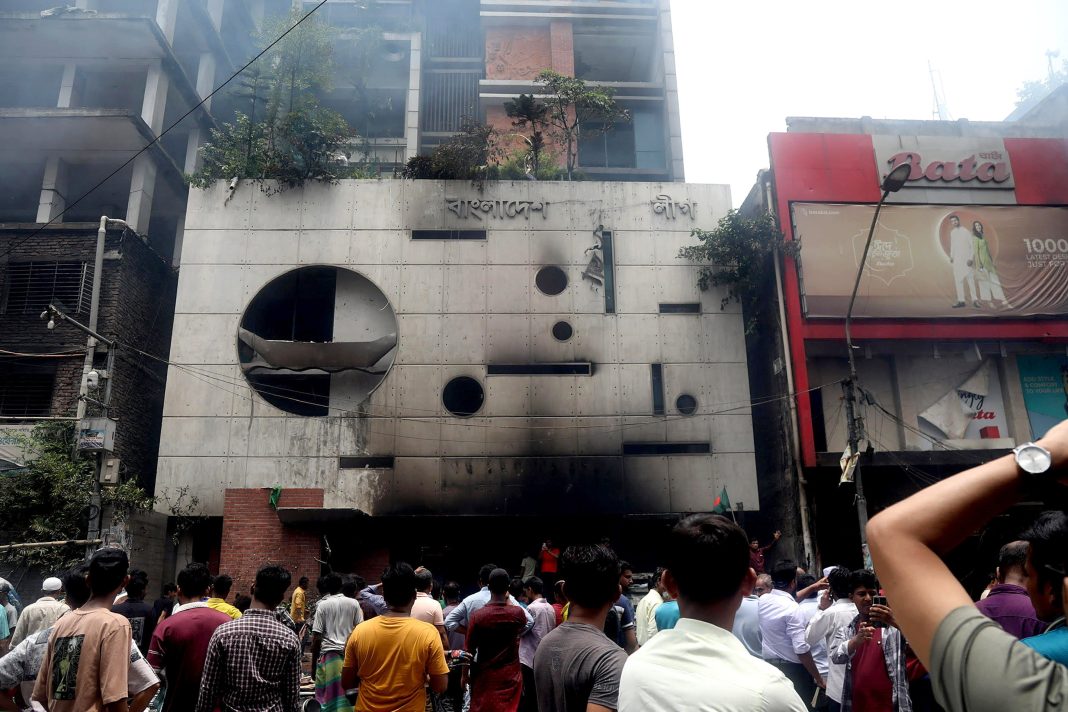The Supreme Court’s ruling granting states the authority to sub-classify Scheduled Castes (SCs) and Scheduled Tribes (STs) for reservations marks a pivotal development in the nation’s affirmative action framework. This decision, delivered by a bench headed by Chief Justice D.Y. Chandrachud, represents a nuanced approach to addressing the persistent inequalities within the SC and ST categories. It acknowledges the heterogeneous nature of these communities and aims to ensure that the most marginalised groups receive the benefits intended by the reservation system. The judgment recognises that not all SCs and STs experience the same level of social and economic deprivation. Within these broad categories, there exist significant disparities in terms of educational attainment, employment opportunities, and social mobility. By allowing sub-classification, the court aims to target the reservation benefits more precisely, ensuring they reach those who are most in need. This approach aligns with the constitutional mandate of promoting equality and social justice. One of the key aspects of this ruling is the emphasis on empirical data. States must base their sub-classification decisions on quantifiable evidence of backwardness and inadequate representation. This requirement is crucial to prevent arbitrary or politically motivated decisions. The court’s insistence on data-driven policies underscores the importance of transparency and accountability in implementing affirmative action measures. The ruling also overturns the 2004 E.V. Chinnaiah judgment, which had held that sub-classification within SCs and STs was unconstitutional. The reversal of this decision reflects a deeper understanding of the complex realities faced by these communities. By acknowledging the need for a more granular approach, the court has paved the way for more equitable and targeted distribution of reservation benefits.
However, this ruling is not without its challenges. The requirement for empirical data places a significant administrative burden on states. Collecting accurate and comprehensive data on the varying levels of backwardness within SCs and STs is a daunting task. It requires meticulous planning, extensive surveys, and robust data analysis mechanisms. States will need to invest in building their capacities to gather and interpret this data effectively. Moreover, the ruling emphasises that any state action in this regard will be subject to judicial review. This safeguard ensures that sub-classification policies are not misused for political expediency. It also provides a check against potential biases and ensures that the policies remain focused on achieving social justice. The court’s decision also raises important questions about the broader goals of the reservation system. While reservations have played a crucial role in promoting social mobility and reducing inequalities, they are not a panacea. Addressing the root causes of social and economic deprivation requires a multifaceted approach, including educational reforms, economic development, and social empowerment initiatives. By emphasising the need for empirical data and ensuring judicial oversight, the court has set a high standard for the implementation of these measures. As states embark on this complex task, it is essential to remain focused on the ultimate goal of promoting social justice and equality for all marginalised communities.




